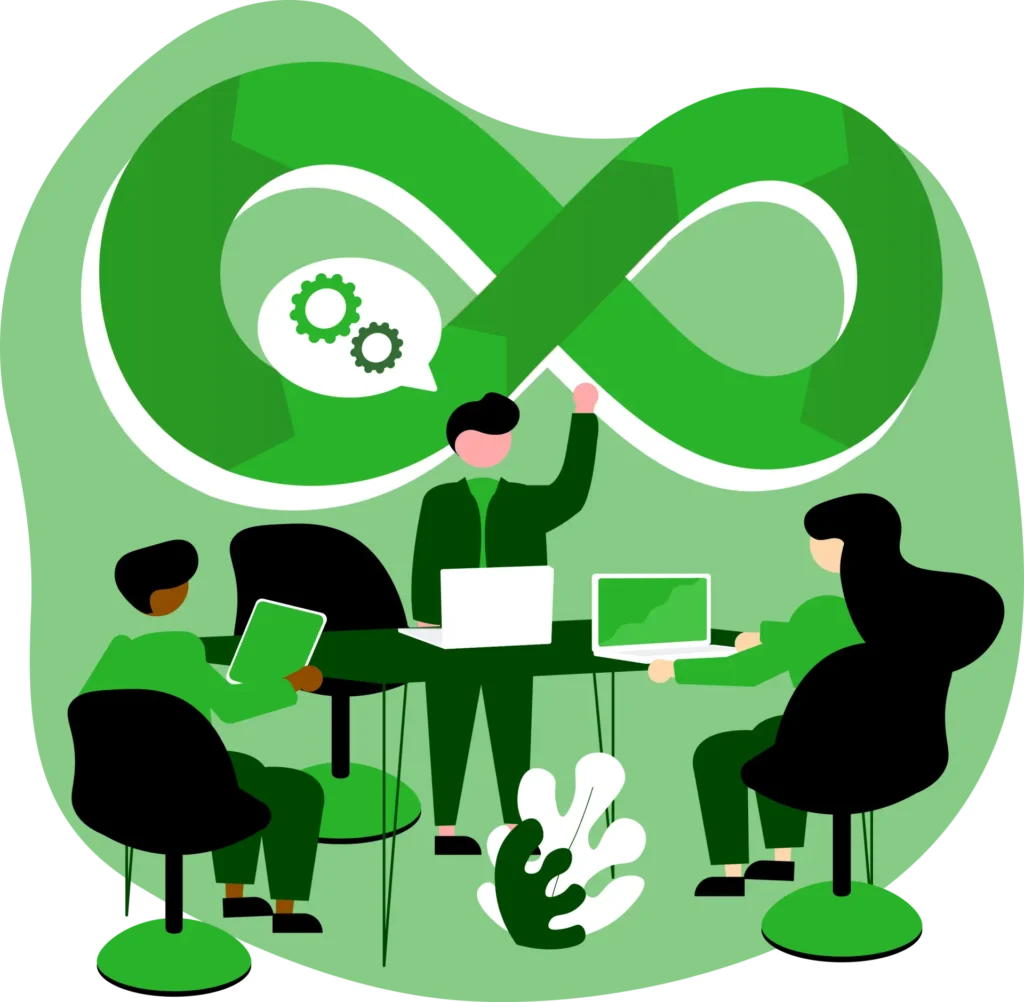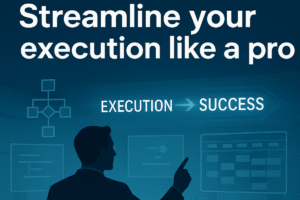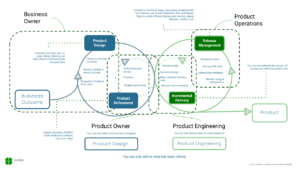Ever since John Allspaw’s “10+ Deploys a Day” and Patrick Debois coining of the term “DevOps” in 2008, DevOps has been transforming businesses in terms of software development and deployment. The DevOps culture has enabled teams from the software development and IT operations to collaborate and develop more reliable products, as well as respond to customer needs, to achieve business goals.
The increasing number of businesses utilizing DevOps platforms to enhance business operations has fuelled demand for advanced IT transformations. In fact, according to PR Newswire, the global DevOps market is projected to be valued at over $23 billion by 2027, with the U.S and Canada as major contributors.
Where is DevOps heading?
The last decade has seen a lot of companies accelerating their digital transformations to improve software delivery. To keep up with the demands of a rapidly evolving business and technology landscape post-pandemic, the DevOps community continues to improve its practices to increase productivity and software development. We will see new shifts in DevOps pipelines to continuously deliver high-quality output throughout the software development lifecycle.
Here are three DevOps trends we expect to see in 2021 and beyond.
Trend #1: More emphasis on holistic value delivery and flow in DevOps
Despite the growing popularity of DevOps practices in recent years, many organizations still find it challenging to scale their DevOps processes across their organization. For DevOps to make significant and beneficial changes, leaders will focus more on maturity breakthroughs in operational models than on automated technology. More emphasis will be given to holistic approaches in value delivery and flow.
As a result, the practice of Value Stream Mapping and, in turn, Value Stream Management will continually evolve to truly align software delivery with business goals. We will see more organizations integrating Value Stream Management into their DevOps culture. The mainstream lean world will eventually come to embrace Value Stream Mapping and Value Stream Management for organizations to develop process flows and success metrics around the value created for their products and services.
The generative nature of this holistic approach to value delivery and flow will allow organizations to move from a project- to a product-centric system.
Trend #2: Growth in automating governance into the software delivery process
As companies accumulate more data and use it to make internal decisions, there will be an increasing need to automate governance. Automated governance will ensure that teams have access to all relevant and consistent information. Leaders in turn will have access to the information they need to make appropriate decisions about risk.
We will witness growth in infrastructure automation tools, not just to improve cyber security and automated error detection, but also to identify all delivery dependencies within the organization. Teams will shift from automating risk management to automating safety management. This evolution of how to build a culture of safety is the real trend.
This evolution is also necessary. As security breaches escalate, we can no longer rely on our more traditional ways of managing security. Just as AI and machine learning can help us detect anomalies, they can also be used by hackers to aid their infiltration. In a world where “my AI hacked your AI,” we need security baked into how we work. DevSecOps came about to highlight the criticality of security in the delivery process; though, I prefer Jon Smart’s SecDevSecOpsSec as I think this captures the goals quite succinctly.
Trend #3: Evolution of data practices
At the core of every digital transformation are AI and data-driven analytics. This paved the way for the emergence of new disciplines in building real-time operational data intelligence, such as AIOps, MLOps, ModelOps, and, perhaps overall, DataOps.
All of these “Ops” reflect the growing understanding of both the importance of data management and how it requires a different set of skills from traditional software development. In turn, they represent different aspects or areas of applying DevOps thinking to the data management space.
Let’s take DataOps. The popularity of DataOps lies in its ability to help various teams collaborate closely in terms of handling and deploying data into applications. While DevOps is used to deliver software faster, DataOps improves the quality and reduces the cycle time of data analytics.
By using DataOps with DevOps, teams can effectively create processes that meet the demands of users at any stage of the data usage life cycle. As this trend continues, we will see more robust capabilities for automating the different aspects of data management and data governance.
Conclusion
Software delivery is becoming both more complex and simpler. On the one hand, easy access to unlimited computing capacity and new technology allows us to build more complex systems—ones that can learn for themselves how best to solve problems. On the other hand, it is becoming easier to compose solutions, making it possible for those outside technology to create. DevOps practices will continue to evolve to cope with these advances in software delivery, while consistently achieving business goals and meeting the demands of customers. New trends and offerings will be developed, especially as the software delivery lifecycle and release cadence accelerate. This calls for DevOps teams to constantly monitor the trends and tools available. More importantly, DevOps talks to the human element in all this.
The three trends above feed off each other to help us gain greater insight into how teams can effectively work together to deliver software. Understanding these trends is critical, not just for DevOps adoption, but also for building more resilient organizations. To achieve this, we need to go beyond adopting the technology and understand its impact on how we work together.




